CAMPBELLs, LUGGs, & BLACKWELLs of Nelson, PA
Bill Thompson's Memoir
Chapter 10 - Misc. Additional Memories
[Note: If you go to a footnote, at the end of the footnote there will be a "back-link" character, '↵,' as a return link. Click on that and it will return you to where you came from -- no need to scroll back thru countless paragraphs. The back-link should work with screen readers too.]
[The target audience for this chapter, is descendants of my parents. Anyone is welcome to read it, but it may not interest the general public.]
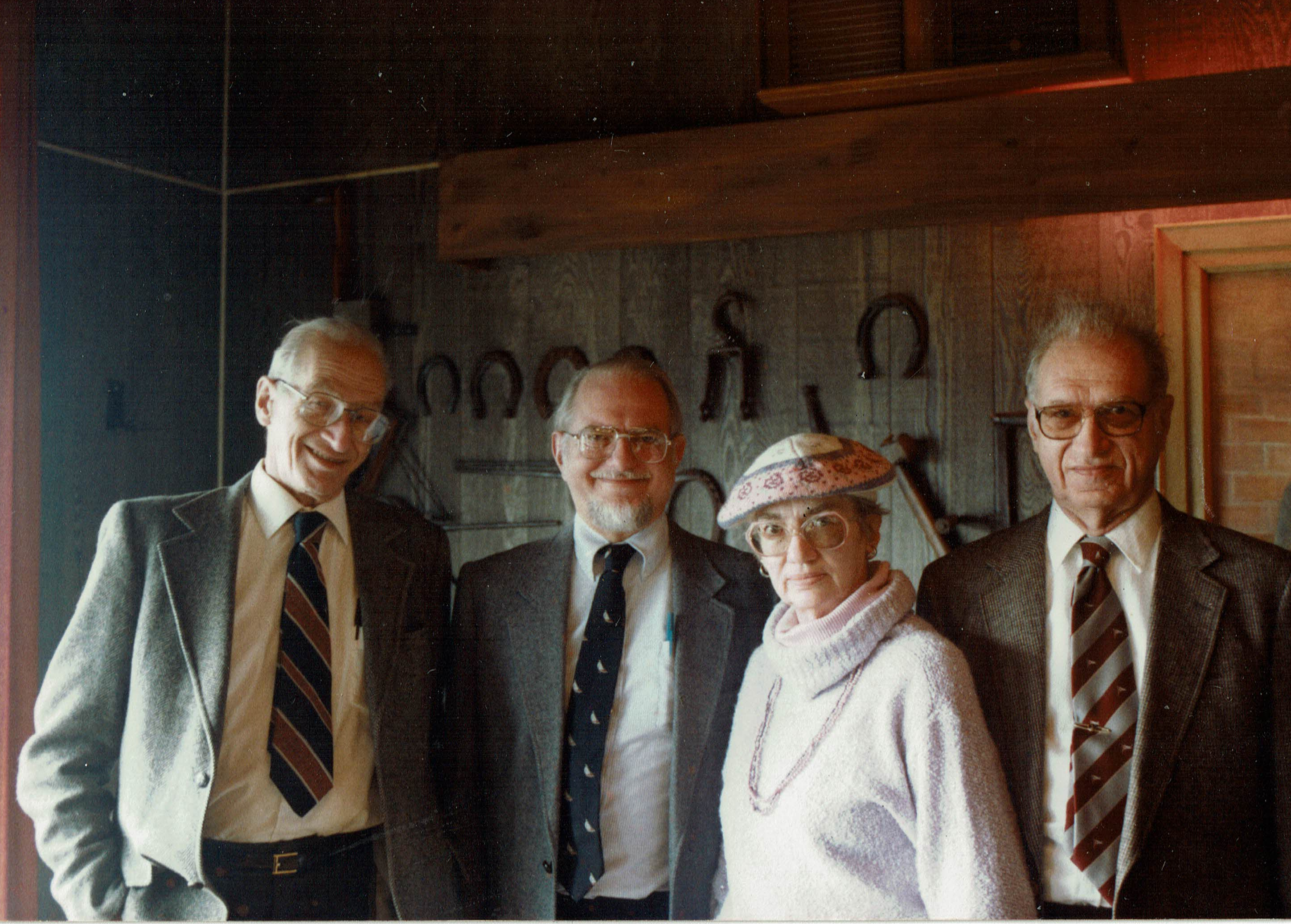
Miscellaneous Additional Reminiscences/Reflections
Manual Slideshow - Click on arrows
Additional Thoughts
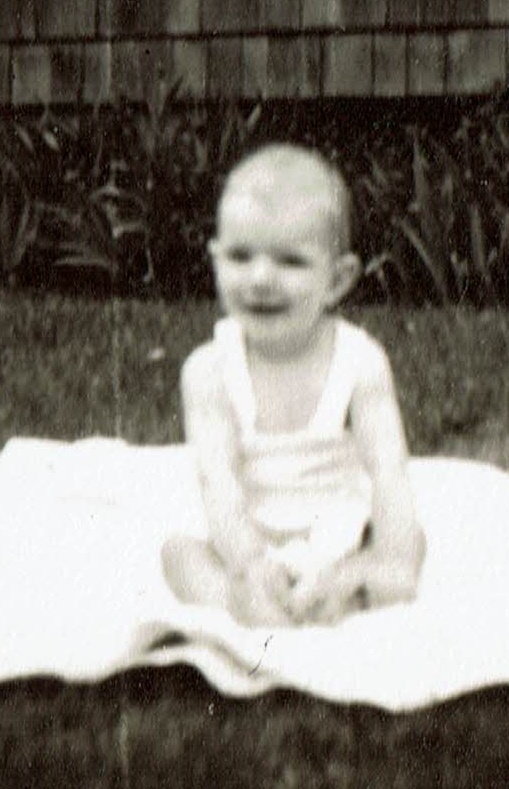
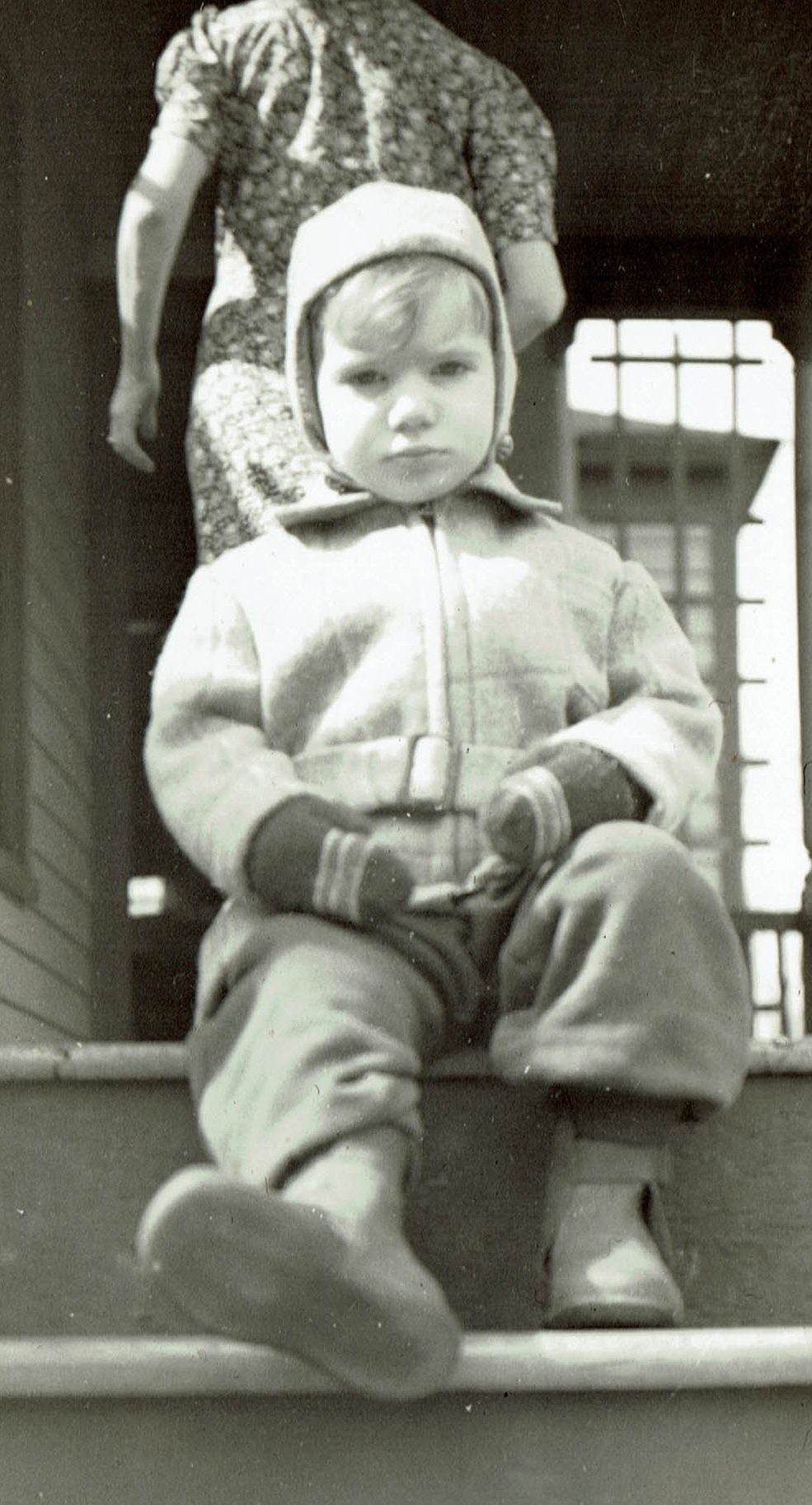
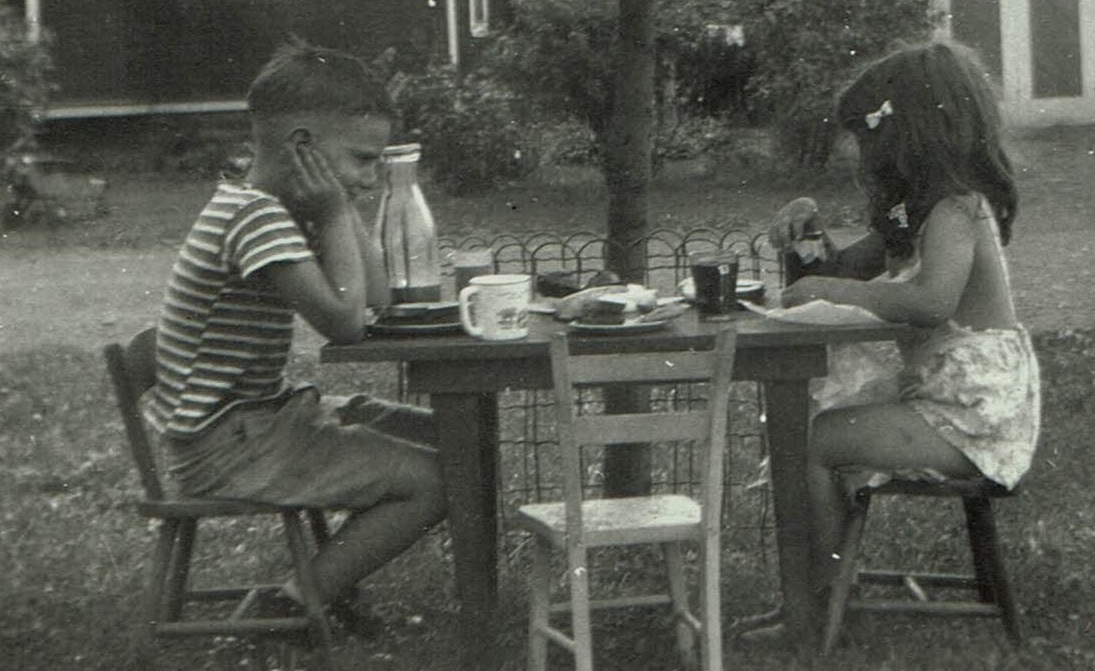
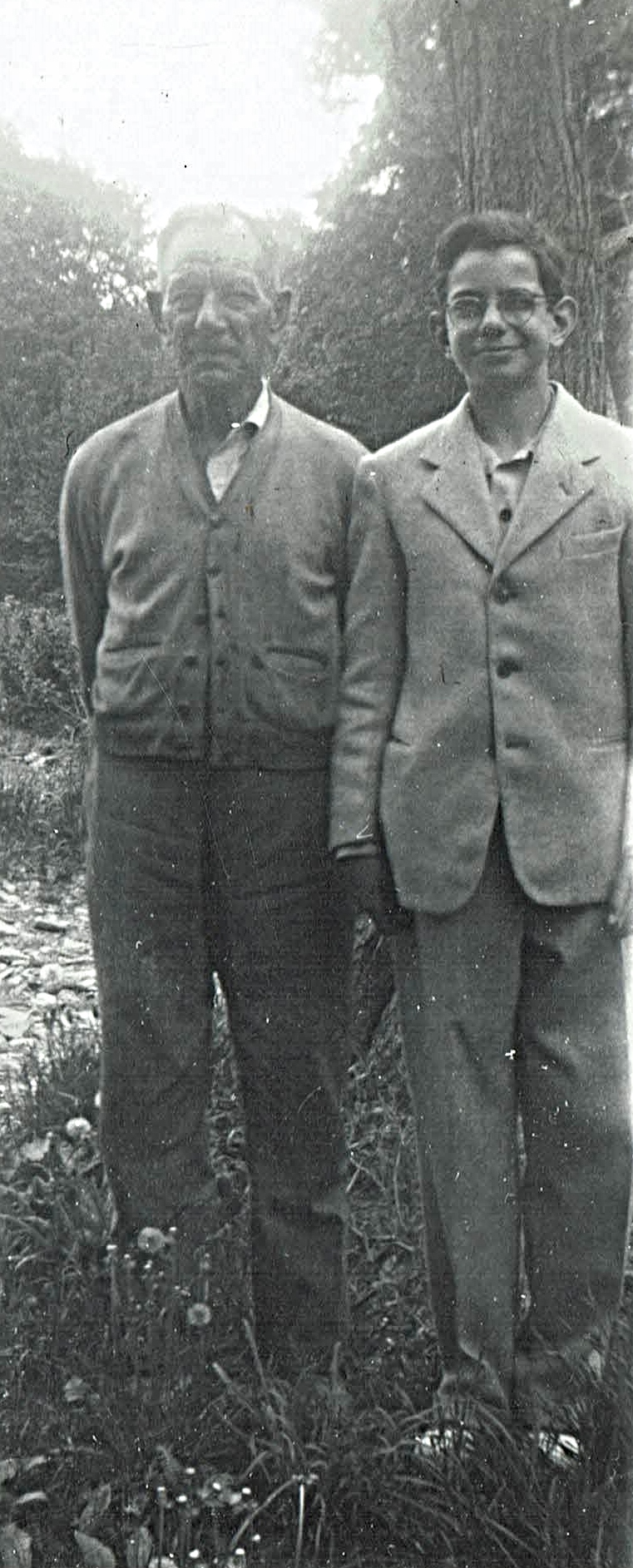
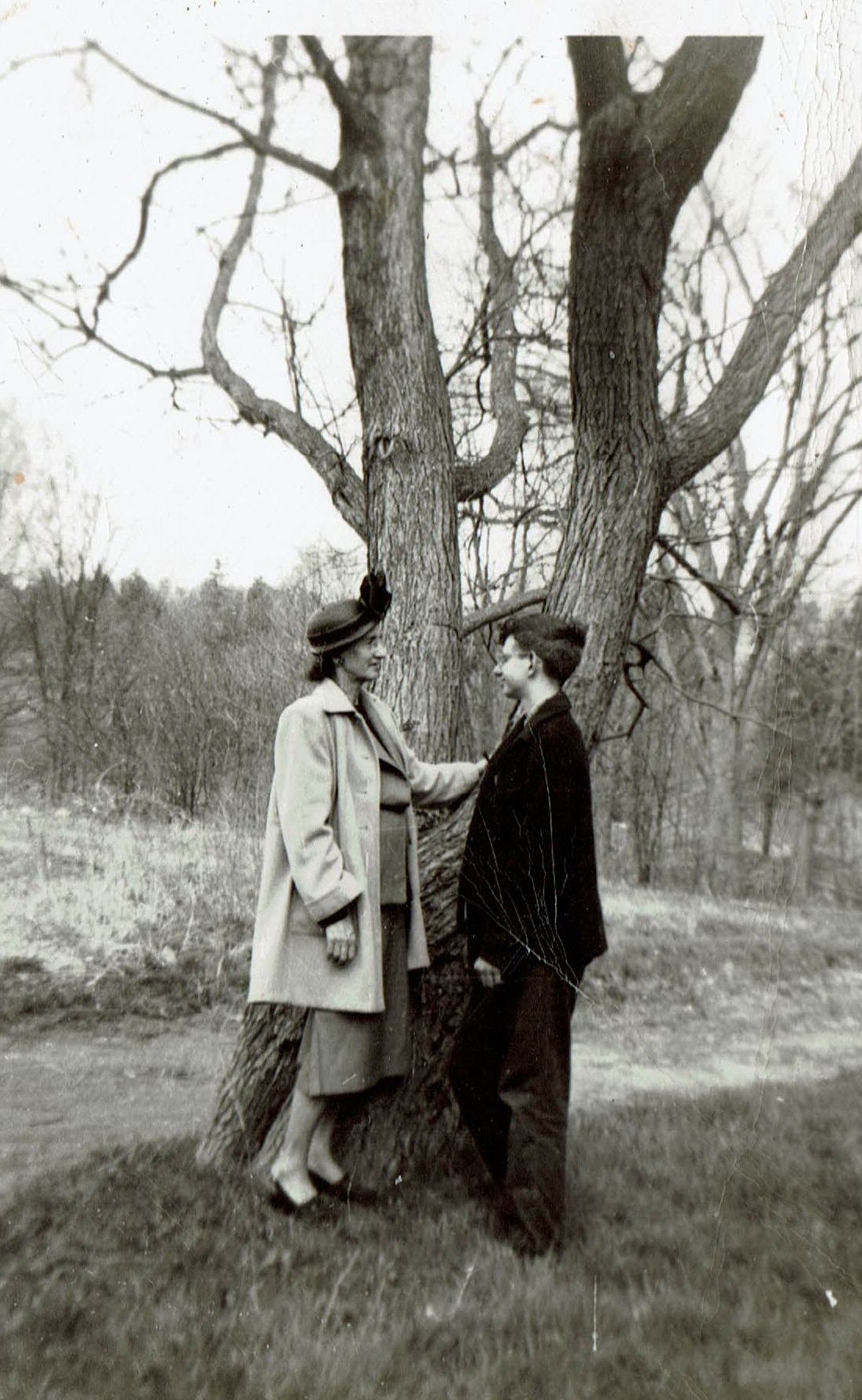
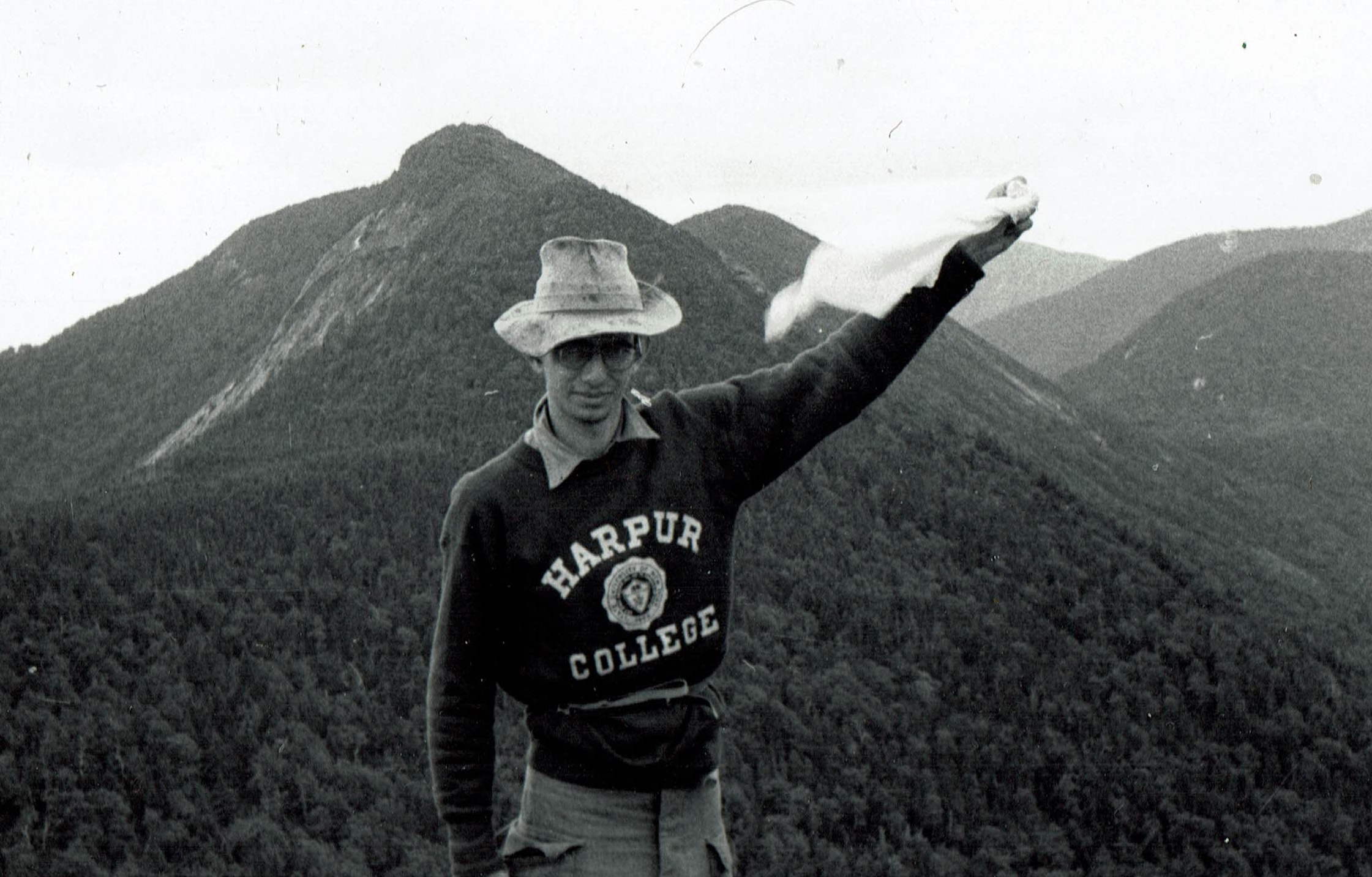
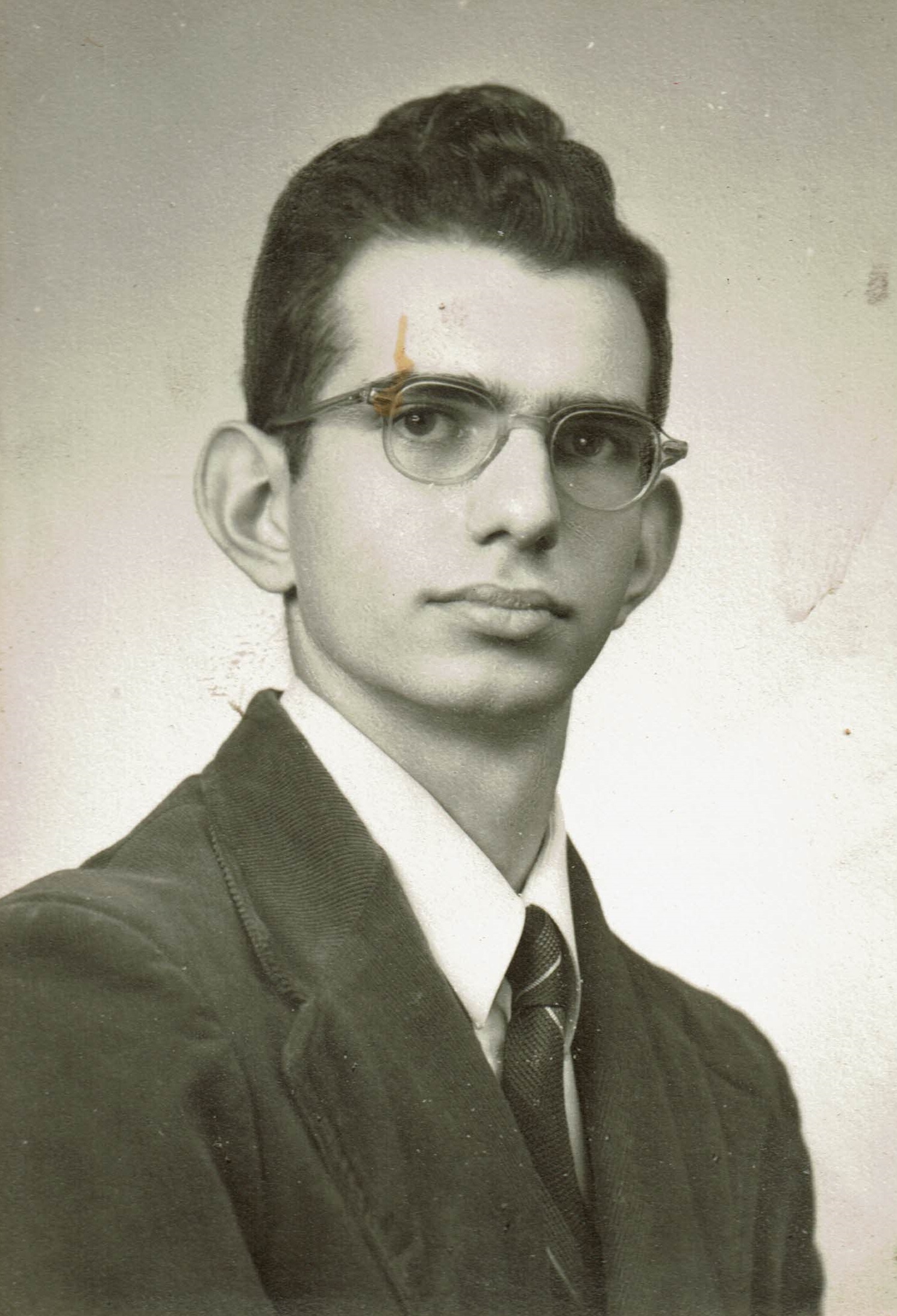
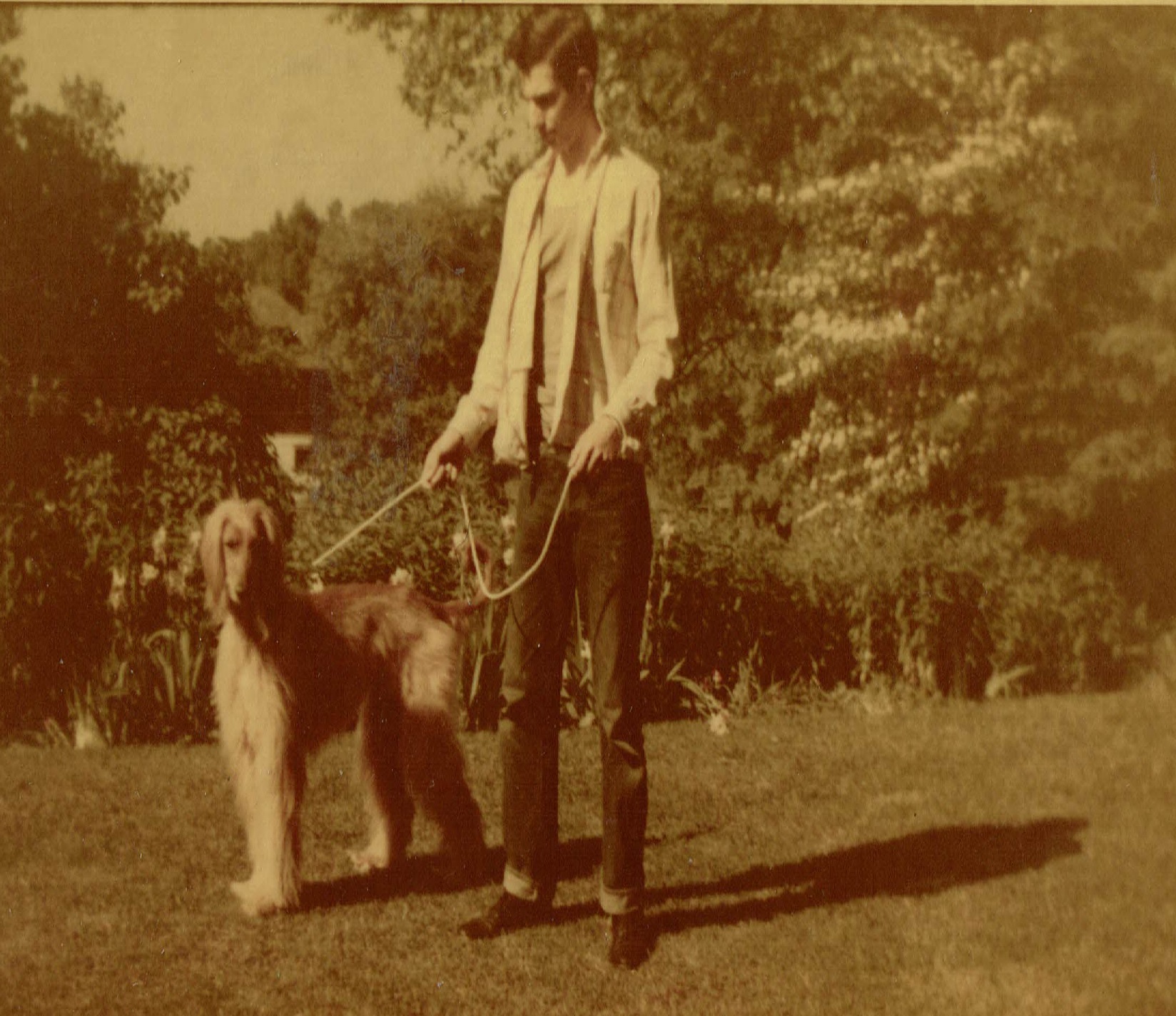
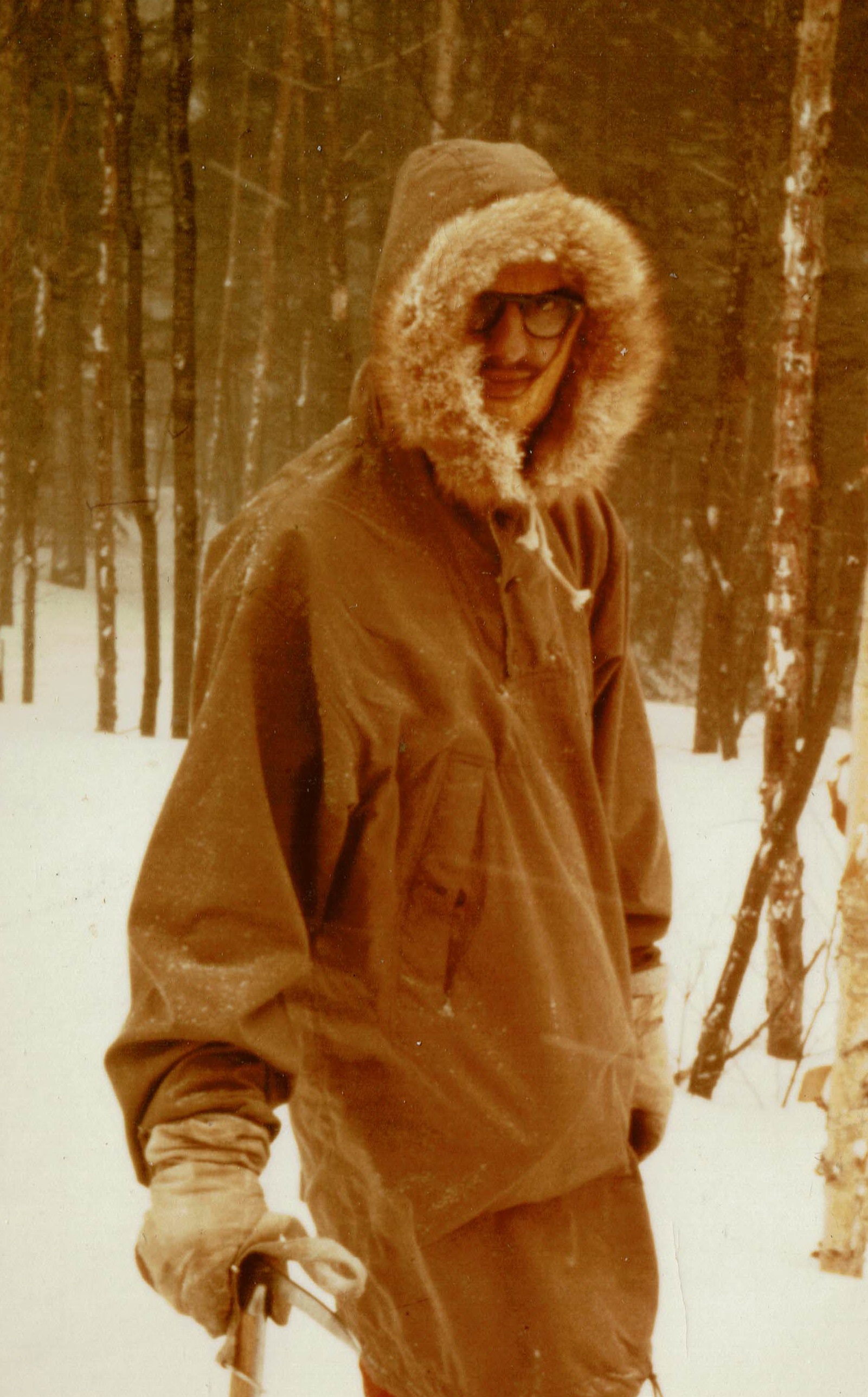
If you've read the previous chapters you already have read a lot about me. There's no need to duplicate any of that in this section. But I've placed miscellaneous thoughts here as the spirit moved me.
Civil Rights Movement
I'm sure I would have gotten involved in the Civil Rights movement, one way or another. But my path resulted from conversations with a sort of neighbor, William L. Moore. I forget how we first met, but he knew my siblings, perhaps from when they'd lived in Park Terrace Heights, adjoining Binghamton to the south, which is where he lived. He was a postal worker and took the bus to and from work. I lived about half way between the end of the bus line and his house. In warm weather I'd often be doing yard work when he came by. It was all uphill to his house, so if I waved, he'd be glad to take a break and enjoy a glass of cold lemonade. He was well read and had many interests, so there was lots to talk about, including his 1955 book, The Mind In Chains: Autobiography of a Schizophrenic. He thought the way shock treatments were done was pretty barbaric. A family friend of ours had recently had them and underwent major personality changes as a result, so I was interested in learning about it. I wouldn't call him a friend, we never socialized other than these chats, but we were friendly acquaintances and I think both enjoyed our chats.
I was shocked when I read of his death as a civil rights martyr. My wife and I went to his memorial service and were impressed with the way the Rev. Woodward, a Unitarian-Universalist, dealt respectfully with Bill's atheist beliefs. When a local chapter of C.O.R.E. formed and named itself the "William L. Moore Chapter," we joined (as did Rev. Woodward). I won't bore you with all of the activities, just mention a couple highlights. I previously mentioned having to jump out of the way when someone deliberately drove a car into a picket line I was in. (No one was hurt, we all managed to jump in time.) That protest happened to involve a classmate I knew from college. He was from southern India and had dark skin. He'd applied for a job as cook at a local diner, and the owner took one look one look at his skin color and turned him down -- a violation of NYS law. Leaders of our chapter talked to the owner, who was adamant. There was no way they were going to hire a "colored" cook. Eventually we ended the picketing and sit-in and helped file a complaint with the state Civil Rights Commission.
My main activity with the Chapter involved being chair of their Housing committee. Binghamton had a small African-American community, most of them descendants of underground railroad escaped slaves, and having lived in the area for generations, has no discernible accent when calling on the phone. People would come to us for help after they'd made an appointment to see a house or apartment and were told, "Sorry it's just been rented (or sold)," but doubted the claim. We would arrange for two teams, a couple each, to test the situation. A black couple would schedule an appointment, and a white couple would schedule an appointment shortly after. The black couple would show up and be given the "It's just been rented/sold" story. And then the white couple would follow up and, miraculously, the apartment/house was magically available. (The name of the woman who usually went with me as my wife actually was "Mrs. Thompson.") When we confronted the landlord/agent sometimes they'd relent knowing they'd been caught red handed. Often they'd make an excuse, such as, "I'm not prejudice, but if I rent to them my other tenants will leave." We would negotiate with them, offer help, and try to resolve the problem. Sometimes we'd help file a complaint. Occasionally they would be hard-line segregationists and say, "OK then, I'll just take it off the market."
While in CORE I met two especially memorable people, James Farmer, Jr. and James Peck. Farmer was an inspirational presence, radiating calm confidence. He had a great achievement as a teenager, portrayed by actor Denzel Whitaker in Denzel Washington's 2007 biographical drama, The Great Debaters, which I strongly recommend watching. James Peck was a more tragic figure. He played a big part in the 1964 Freedom Summer and Freedom Rides. In 1963, before we went to the March on Washington for Jobs and Freedom, he came to our chapter and conducted a course on passive resistance and how to cover out heads for protection if beaten by night sticks. Fortunately I never had to test the training. But it was inadequate to the viscous attacks he was subjected to in '64. (If you search his name on the Internet you will see lots of pictures of his bleeding head (later bandaged head.) I don't think he ever fully recovered. I met Farmer and Peck twice and got to chat with them both times. In my second meeting with Peck, he understandably seemed a bitter man.
1963 March on Washington for Jobs and Freedom
Two busloads went from our C.O.R.E. chapter.We didn't know what to expect. In many ways, Washington, DC was still a "southern city" and segregated. As mentioned above, we were trained in passive resistance - not knowing what to expect from local police or from KKK counter demonstrators. As we approached the route of the march, it was comforting to see National Guardsmen lining the streets. Just a single line of them, but on both sides of the streets. (We didn't know that their rifles were loaded with blanks.) Some of them may have been KKK members, but their presence was comforting anyway. It made it seem less likely that KKK thugs would attack the marchers. It was well organized. The bus drivers knew just where to go and told us where to find them for our return. Volunteer "march marshals" helped direct everyone where to go -- which units were assembling where. We had a great vantage point, and could watch the marchers pass by, while waiting for our turn to join the march. Each unit carried banners identifying what organization they were with or what union local. I could hear the speeches via amplifiers mounted on light poles -- and recognize many prominent figures at the front of their units: Dave Dubinsky of the Garment Workers Union. And the UAW's Walter and Victor Reuther. And on and on. Countless ministers, priests, rabbis and nuns from every faith group you can think of. The marchers move slowly because of congestion at the Mall. So we got to see many of the speakers and performers as we crept past the grandstand. Peter, Paul and Mary performed for us. And I was thrilled to see and hear two of the days organizers whom I had long admired, the inspirational Bayard Rustin and A. Philip Randolph. We were on the opposite side of the pool and out of sight of the speakers when Dr. Martin Luther King, Jr. gave his largely impromptu "I have a Dream Speech," but someone had a portable radio we heard it on. Of course I knew of Dr. King from his involvement in the Montgomery Bus Boycott. But I went home thinking that the great speech of the day, that would become famous, was the one Bayard Rustin gave. (That's not the first time I've been wrong.) I wanted to participate in the 50th anniversary of the March but had some kind of a conflict. I probably can't walk far enough to participate in future ones and am reluctant to do it in a wheelchair, but a multi-passenger golf cart might be OK.
Community Organizing and Community Service
I'm proud of my efforts at community organizing, but don't think of any stories that would interest you. I did quite a bit of community service such as: serving on the Johnson City, NY Library Board and the Binghamton-Johnson City Joint Sewage Board (that may sound funny, but clean waters have always been important to me since my childhood memories of dodging floating feces while swimming in the Susquehanna River); Asst. Scoutmaster, chair of the Common Cause chapter for our Congressional District, member of NAACP, C.O.R.E. and peace organizations.
Civic Engagement in Partisan Politics
I started out intending to be an Independent, even though all in my family had been Republicans ever since Lincoln ran for president. One of my mother's earliest memories was of marching in a torchlight parade for McKinley's election. I wasn't 21 yet, so I couldn't register for the 1956 election, but in campus snack bar discussions I supported maverick Republican Jacob Javits' run for US Senate -- and when I could register a few weeks later, did so as an Independent. I have always believed that one party dominance in an area leads to stagnation, cronyism, and party hacks being selected for office because they'll "go along." And that competition between parties is essential to good government. Republicans dominated in that area, so when I wanted to vote in a primary and had to enroll in a party, I picked the underdog Democrats.
In 1959, a friend of mine got involved in the campaign or one his coworkers, who was running for city council and recruited my help. Our candidate lost, but I learned a lot about the mechanics of grassroots campaigns. The next year, 1960, I enthusiastically worked for John F. Kennedy's presidential campaign, having experienced his charisma first hand. I became a member of the county Democratic Committee and did "grunt work" for JFK's campaign -- knocking on doors, handing out campaign literature and Get Out The Vote efforts on election day. A different friend urged me to also get involved in the mayoral campaign in the adjacent village of Johnson City. A former Latin teacher, then HS guidance counselor he admired was running and needed all the help I could get. I met Jim McCabe, was impressed, and happily volunteered with his campaign too.
You all know how JFK's campaign turned out. Jim McCabe lost by a landslide, but he wasn't phased -- "I got my name out before the voters. I'll do better next time." He kept running until he won, and continued on to become a member of the state house and finally, the state senate. He was a fine man, a friend, and someone I was proud to have helped.
I was active in elections for decades, as Democratic party chair of a Binghamton ward. A county committee in PA, a member of a Congressional candidate's campaign committee, poll watcher, poll worker, etc. And met many Congressmen and other public officials in the process (including a Supreme Court Justice, Speaker of the House, etc. of whom the most interesting was Sen. Robert F. Kennedy.
What I Learned From Life
Whatever wisdom I have, is a result of countless mistakes. I don't have many pearls of wisdom to share. Perhaps the most important are:
- EVERYONE'S THE SAME. We all have the same wants and fears. Basic physical needs such as food, shelter and the other necessities of life. And emotional needs such as love, recognition, etc. We all want better lives and opportunities for our children; &
- EVERYONE'S DIFFERENT. People have different motivators. For some it's money. For others it may be fame, recognition or fancy job titles. For others it may be a chance to pursue one's dreams, or self-expression, or a cozy nest, a chance to learn --- or whatever. The key is accepting that everyone doesn't respond to the same set of carrots and sticks that you do.
- I DON'T BELIEVE IN: destiny, karma, or fate, or that the universe knows or cares about our existence. So no "it was meant to be" or "everything happens for a reason."
- I DO BELIEVE: that life is brief and precious; in the importance of "the now;" in the role of chance (it's a world of probabilities, not certainties); in the importance of being kind to each other and that small acts of kindness may ripple out far farther and longer than you imagine; in the importance of keeping an open mind; in respecting knowledge and evidence; learning to forgive yourself; that the perfect is the enemy of the good; in the importance of not losing hope; and that most people want to do the right thing most of the times.
[Thanks for hanging in there and reading this far. I had fun writing it and hope you had some reading it. Au revoir.]
Continuing to end chapters in the spirit of Uncle Wiggily
stories:
If the whoopey cushion doesn't elope with the back scratcher, I’ll next tell you (in an appendix) about other relatives.